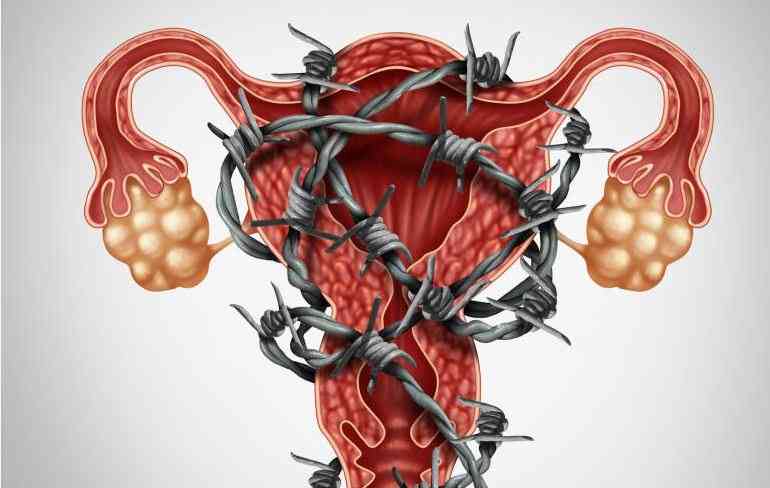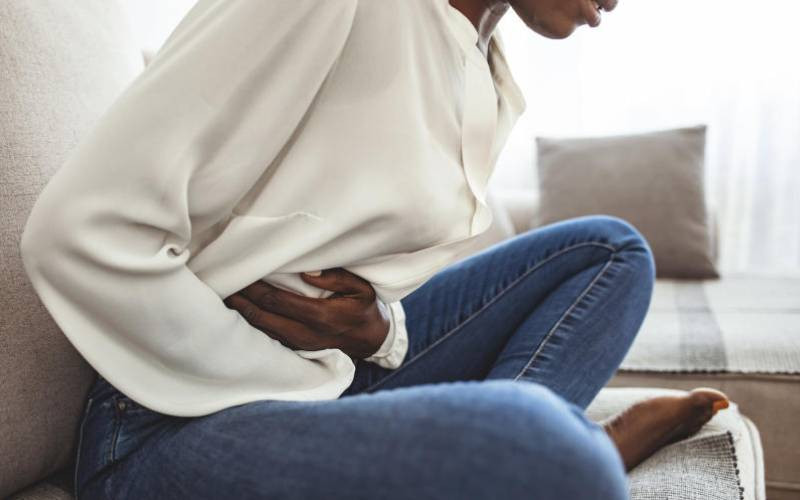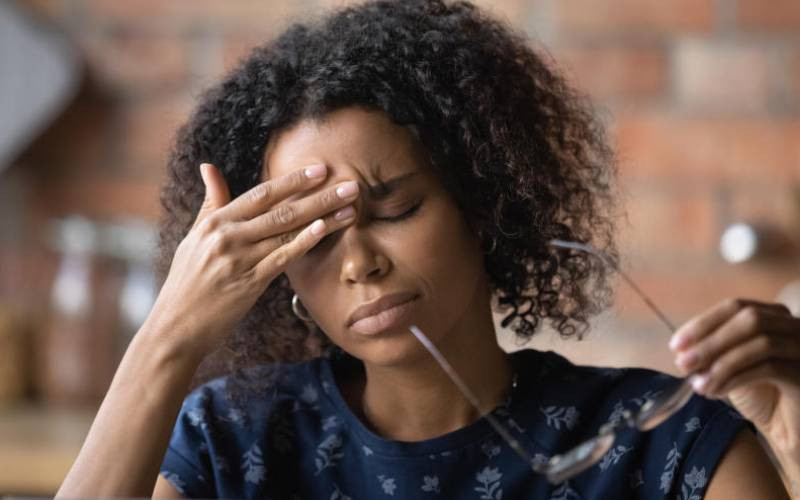
Are we brushing our teeth frequently and for long enough? The British Dental Association has outlined the routine we should all get in to
It's a habit which has been drummed into us from an early age, but the recent news flossing your teeth could be a waste of time has put the spotlight on oral hygiene.
When it comes to looking after our teeth, there are certain pieces of wisdom which we've incorporated into our routines.
But in the wake of the news about flossing, when it comes to oral hygiene, how much does your average person know about what we should be doing - and which habits do we need to ditch?
For example, how many of us know how long we SHOULD brush or teeth for and how often? And what are we doing wrong?
MirrorOnline spoke to the British Dental Association’s scientific adviser, Professor Damien Walmsley, who kindly put together this definitive list of "dos and don'ts."
How often?
"The best way to prevent tooth decay is to brush teeth twice daily with a fluoride toothpaste to remove plaque, limit the frequency, and amount of sugary food and drinks consumed in your diet, and see the dentist regularly.
How hard should we be brushing our teeth?
Don'ts'
Brush for long enough – research indicates that people only brush for 45 seconds Rinse the mouth after brushing – fluoride helps to prevent, control and even stop tooth decay – but rinsing the mouth out dilutes the concentration of fluoride, so SPIT, don’t rinse. Replace your toothbrush regularly Brush too soon after eating – as enamel on teeth is softened after eating especially with sugary foods – it’s best to wait an hour before brushing which allows the tooth to harden up more. Use a hard bristle toothbrush as this can damage the soft tissues in the gums. Don't brush too hard – the bristles should lightly sweep the tooth. Toothpaste being squeezed onto a brush Is there such a thing as 'too much' toothpaste?'Dos'
Brush for at least two minutes, twice daily, with a fluoridated toothpaste Brush last thing at night and at least on one other occasion Use a small headed toothbrush with medium bristles. Put a pea-sized blob of fluoride toothpaste on your toothbrush. Brush along the gum line as well as the teeth themselves Brush all surfaces of the teeth, including the outer, inner and chewing surfaces as well as the hard-to-reach back teeth and areas around fillings, crowns or other restorations.Oral hygiene has been in the news recently because of flossing
If you have spaces between teeth, it is best to clean these with an interdental or single-tufted brush. Where the spaces between teeth are too tight to fit such a brush, use dental floss or tape
If you are unsure about the effectiveness of brushing, use disclosing tablets after brushing to highlight any areas you may have missed.
There is good evidence that a small-headed counter oscillating electric toothbrush helps in removing dental plaque but they must be used correctly and your dentist or hygienist will advise.
Plaque
Plaque is a sticky film of bacteria that covers your teeth and gums. It develops constantly and you clean it off every day when you brush your teeth. Certain harmful oral bacteria feed on the sugars you eat to create acids that destroy the tooth enamel.
Cavities are a bacterial infection created by acids, that cause your teeth to experience a hole in them.
The more sugar you eat, the more acid you will create in your mouth, and the more acidic attacks your teeth are exposed to, the higher the risk of developing tooth decay
 The Standard Group Plc is a multi-media organization with investments in media platforms spanning newspaper print
operations, television, radio broadcasting, digital and online services. The Standard Group is recognized as a
leading multi-media house in Kenya with a key influence in matters of national and international interest.
The Standard Group Plc is a multi-media organization with investments in media platforms spanning newspaper print
operations, television, radio broadcasting, digital and online services. The Standard Group is recognized as a
leading multi-media house in Kenya with a key influence in matters of national and international interest.










